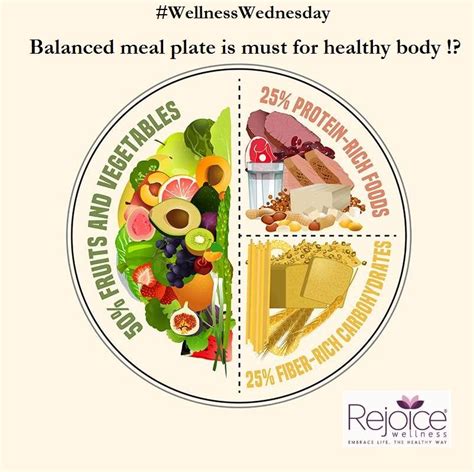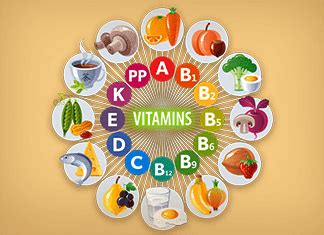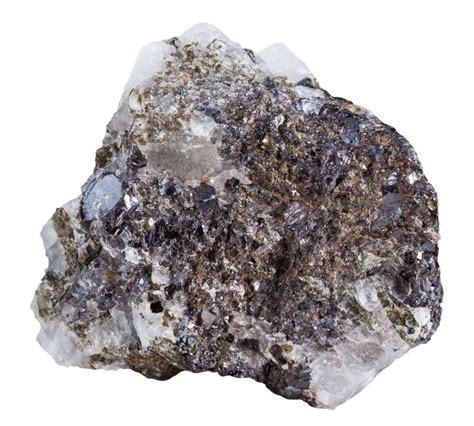Key nutrients for male hormone optimization & sustained energy?

For men, maintaining optimal hormone levels and sustained energy is fundamental to overall well-being, mood, physical performance, and cognitive function. While lifestyle factors like exercise, sleep, and stress management play significant roles, the cornerstone of this balance often lies in a well-curated nutritional intake. Specific vitamins, minerals, and macronutrients act as vital cofactors and building blocks for hormone synthesis and efficient energy metabolism.
The Foundation: Why Nutrition Matters for Men
Your body is a complex system, and its hormonal machinery, particularly testosterone production, relies heavily on a steady supply of specific nutrients. Deficiencies in key vitamins and minerals can disrupt these delicate processes, leading to fatigue, reduced libido, mood swings, and a decline in physical vitality. A targeted nutritional strategy can support not only hormone production but also cellular energy pathways, ensuring you have the mental clarity and physical stamina to thrive.

Essential Vitamins for Male Vitality
Vitamin D: The Sunshine Hormone Helper
Often referred to as the ‘sunshine vitamin,’ Vitamin D is actually a pro-hormone crucial for numerous bodily functions, including immune health and bone density. Research has strongly linked adequate Vitamin D levels with higher testosterone levels in men. It’s believed to play a role in the enzymatic processes involved in testosterone synthesis. Many men are deficient, especially in regions with less sun exposure, making supplementation or dietary focus vital.
B Vitamins: Powering Energy Metabolism
The B-vitamin complex, including B6, B12, and folate, is indispensable for energy production. These vitamins act as coenzymes in the metabolic pathways that convert food into usable energy (ATP). B6 specifically helps regulate hormone activity, while B12 is essential for red blood cell formation, which carries oxygen to tissues, directly impacting energy levels and reducing fatigue. Chronic stress can deplete B vitamins, making consistent intake important.

Critical Minerals for Hormonal Balance
Zinc: The Testosterone Builder
Zinc is arguably one of the most critical minerals for male hormone health. It is involved in over 300 enzymatic reactions in the body and is directly implicated in testosterone production. Studies have shown that even mild zinc deficiency can lead to a significant drop in testosterone levels. It also plays a role in prostate health and immune function. Good sources include red meat, shellfish, legumes, nuts, and seeds.
Magnesium: The Stress Buster and Energy Booster
Magnesium is a powerhouse mineral involved in more than 600 biochemical reactions. It contributes to muscle and nerve function, blood glucose control, and blood pressure regulation. For men, magnesium can help improve sleep quality, reduce stress (a known testosterone killer), and enhance exercise performance. Crucially, it’s also linked to increased free testosterone levels by reducing Sex Hormone Binding Globulin (SHBG), which binds to testosterone, making it unavailable to the body.
Boron: Supporting Free Testosterone
While often overlooked, boron is a trace mineral that has shown promising effects on male hormone health. Research suggests that boron can help increase free testosterone levels by reducing SHBG and may also reduce estrogen levels, thus improving the testosterone-to-estrogen ratio. It also supports vitamin D and magnesium absorption.

Healthy Fats: Non-Negotiable for Hormone Production
Omega-3 Fatty Acids: Reducing Inflammation, Boosting Health
Essential fatty acids, particularly Omega-3s (EPA and DHA), are vital for cellular health and reducing systemic inflammation, which can negatively impact hormone production and energy. Found in fatty fish, flaxseeds, and walnuts, Omega-3s support cell membrane fluidity, receptor function, and overall endocrine health.
Cholesterol: The Hormone Precursor
Contrary to outdated advice, healthy dietary cholesterol from sources like eggs, lean meats, and certain dairy products is not inherently bad. In fact, cholesterol is the precursor molecule for all steroid hormones, including testosterone. Ensuring a balanced intake of healthy fats is essential for providing your body with the raw materials needed to synthesize these crucial hormones.

Beyond Nutrients: A Holistic Approach
While focusing on these key nutrients is paramount, remember that nutrition is part of a larger picture. Regular strength training and resistance exercise can naturally boost testosterone. Adequate, high-quality sleep (7-9 hours per night) allows for critical hormone production and repair. Chronic stress elevates cortisol, which can suppress testosterone, so stress management techniques like meditation or mindfulness are invaluable. Limiting alcohol and processed foods also supports overall metabolic and hormonal health.

Conclusion: Fueling Your Male Potential
Optimizing male hormones and sustaining energy is an achievable goal when you prioritize nutrient-dense foods and smart supplementation. By focusing on Vitamin D, B vitamins, Zinc, Magnesium, Boron, and healthy fats like Omega-3s and dietary cholesterol, you provide your body with the essential building blocks and cofactors it needs to thrive. Integrate these nutritional strategies with a healthy lifestyle, and you’ll be well on your way to enhanced vitality, robust energy, and optimal hormonal balance.








